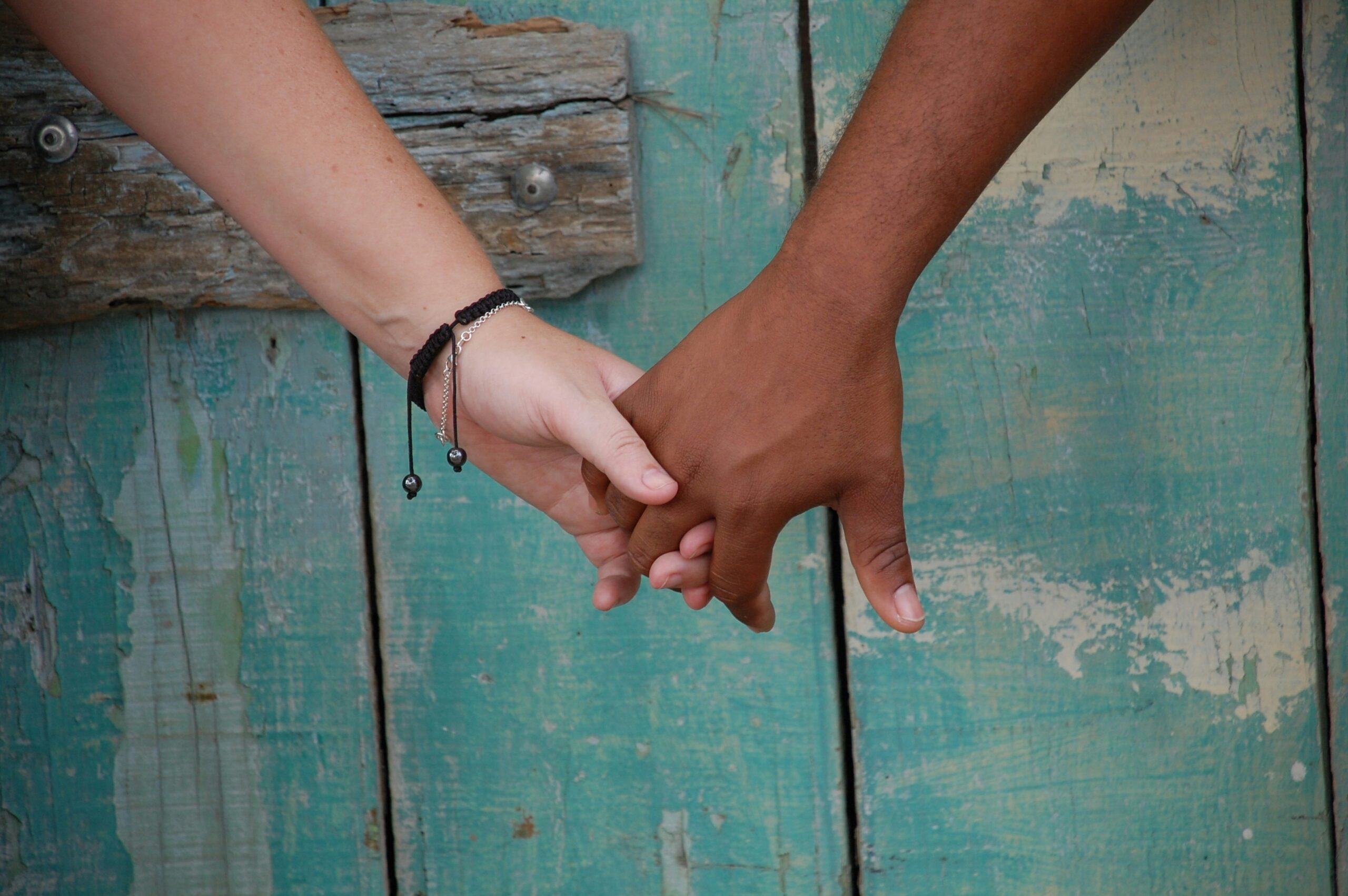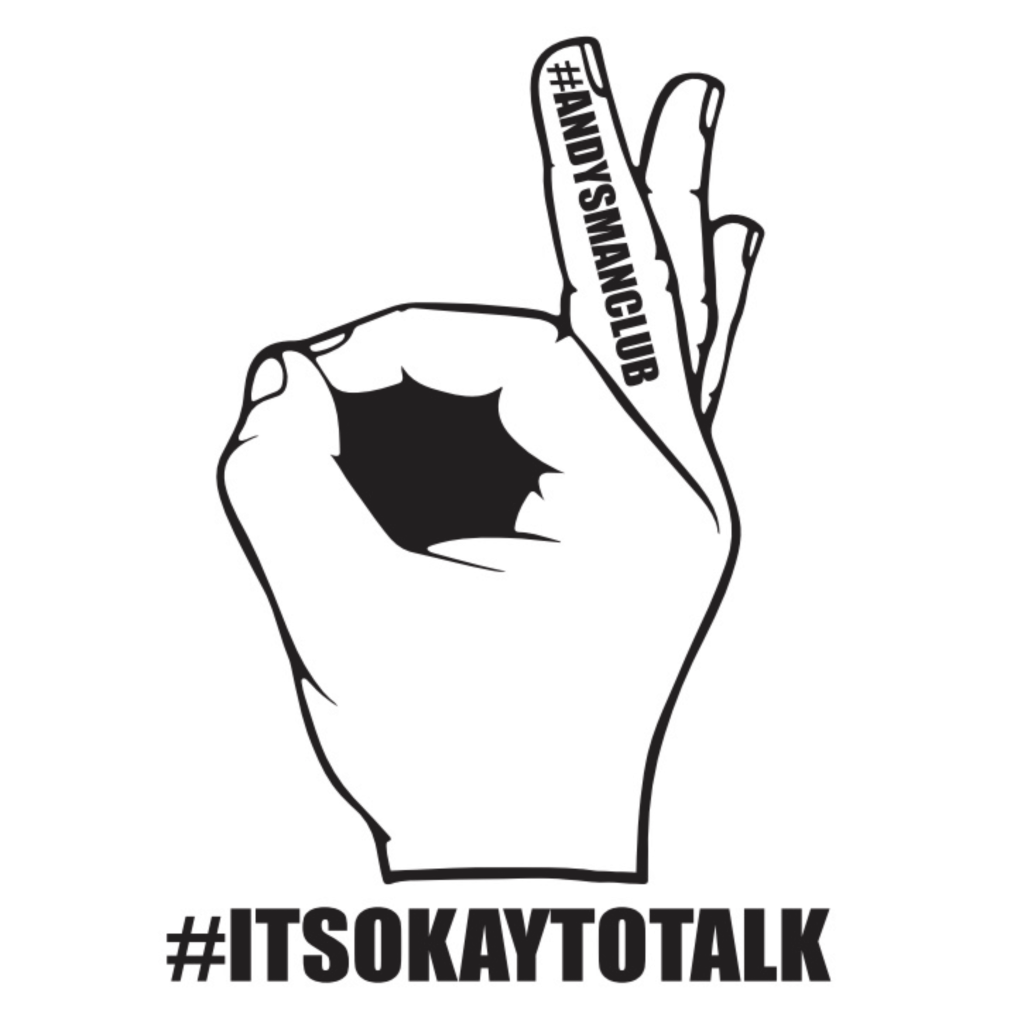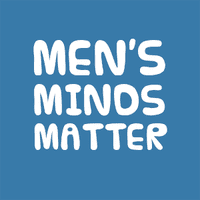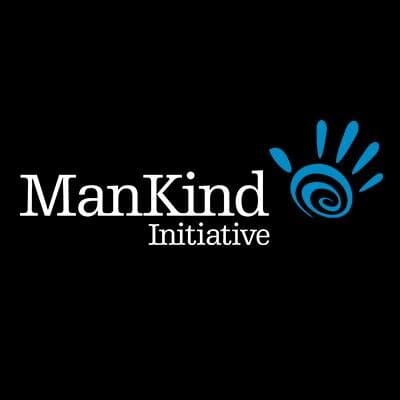Why Do Men Struggle in Romantic Relationships?
Romantic relationships can be one of the most fulfilling aspects of life, yet they also come with challenges. Many men struggle with communication breakdowns, conflict resolution, intimacy issues or trust concerns, all of which can create emotional distance and tension in relationships.
For some men, societal expectations around masculinity can make it difficult to express vulnerability, leading to misunderstandings and emotional suppression. Others may carry past relationship wounds or personal insecurities that affect how they engage with their partners. Whatever the cause, unresolved relationship struggles can impact mental well-being, self-esteem and overall life satisfaction.
How to Improve Communication in Relationships
One of the most common relationship issues men face is difficulty in communication. Many men grow up without being encouraged to express emotions openly, leading to struggles in articulating needs, fears or frustrations in romantic relationships. This can result in:
- Avoiding difficult conversations to prevent conflict
- Withdrawing emotionally rather than expressing feelings
- Misinterpreting a partner’s concerns as criticism rather than an opportunity for connection
Healthy communication requires active listening, openness and the ability to express feelings honestly. Learning to communicate effectively can help prevent minor disagreements from escalating into long-term resentment.
Effective Conflict Resolution Strategies for Men
Disagreements are a natural part of any relationship, but the way they are handled determines whether they bring partners closer or create deeper divisions. Some men may react defensively, shut down or resort to anger rather than working through conflicts constructively. Others may avoid disagreements altogether, allowing unresolved issues to build up over time.
Developing conflict resolution skills involves:
- Approaching discussions with curiosity rather than defensiveness
- Understanding a partner’s perspective instead of focusing solely on one’s own
- Finding compromise rather than aiming to win an argument
- Recognising and managing emotional triggers to respond rather than react
Building Emotional and Physical Intimacy in Relationships
Intimacy is more than physical connection. It involves emotional closeness, trust and vulnerability. Many men struggle with intimacy due to fear of rejection, past emotional wounds or difficulty expressing affection. This can lead to feelings of distance in a relationship, even when both partners care deeply for each other.
To strengthen intimacy, it is important to:
- Build emotional trust through honest and open conversations
- Recognise and address fears around vulnerability
- Prioritise quality time and meaningful connection with a partner
- Understand that emotional intimacy is just as important as physical closeness
Rebuilding Trust and Strengthening Relationship Security
Trust is the foundation of any strong relationship. When trust is broken, whether due to past experiences, betrayal or personal insecurities, it can be difficult to rebuild. Some men may struggle with trusting their partner due to unresolved past relationships, while others may unintentionally damage trust through dishonesty, secrecy or emotional unavailability.
Rebuilding trust requires:
- Consistency in words and actions
- Open and honest conversations about concerns and boundaries
- Taking responsibility for past mistakes and working toward positive change
- Patience, as rebuilding trust takes time and effort from both partners
The Role of Therapy in Strengthening Romantic Relationships
Relationship challenges do not have to be navigated alone. Therapy can provide valuable tools for improving communication, resolving conflicts and addressing intimacy or trust issues. A therapist can help men explore emotional barriers, understand relationship dynamics and develop healthier patterns of interaction.
Seeking support is not a sign of weakness but a step toward building stronger, more fulfilling relationships. Therapy provides a safe and constructive space to work through challenges, improve self-awareness and create deeper connections with partners.
For men struggling with romantic relationship issues, taking the first step toward growth can make all the difference in fostering long-term emotional and relational well-being.















